There is a wide range of industries in which it is necessary for data measurements to be made at a distance, and indeed, this is what telemetry is all about, as is indicated by the Greek origins of the word, with ‘tele’ meaning remote and ‘metron’ meaning measure. It is a technology used in such fields as meteorology, oil and gas, water management and even military intelligence, with Oriel Systems (http://www-orielsystems-com.orielsystems.com) having long helped to cater for clients’ highly specialised needs.
Many industrial processes depend greatly on the maintenance of the right stock levels in silos, tanks or other critical equipment, with remote monitoring being necessary to ensure that everything takes place within safe and defined conditions. Telemetry, then, has only become more relevant as private and public sector participants in the aforementioned industries look to boost their operational efficiency, with it now being much more common, for example, for one employee to have responsibility for many different sites.
As more and more equipment accumulates at remote sites, with more potential for malfunctions, the ability to monitor it all from one central PC becomes all the more vital. However, the advancement in sophistication of telemetry systems means that they, too, can consist of an overwhelming amount of intricate equipment, including sensors and telemetry outstations.
Telemetry clients will also need to bear in mind the transmission possibilities for relaying back the collected information to the main office, which can include PSTN, broadband, GSM, radio, 3G or GPRS technology. They will also need to invest in software, so that they can interpret the information that is obtained. With various sensors located at each of the remote sites, measuring values which are gathered on a 24 hours a day basis by the Remote Terminal Unit (RTU), it’s clear that a telemetry system must be installed, calibrated and maintained correctly to deliver maximum value to an organisation.
Organisations in many different industries, then, are likely to appreciate the experience and knowhow of the service and installation engineers at Oriel Systems. Based in two UK locations, these professionals have a ‘can do’ attitude and can travel to both UK and overseas sites to install, commission, calibrate and service telemetry equipment. Making use of their background with both old and new equipment, these experts can oversee the integration of older, out of date legacy systems with more recent technology, often significantly cutting costs in the process.
Get in touch with Oriel Systems (http://www-orielsystems-com.orielsystems.com) now to find out more about the installation, maintenance and calibration of both small and large telemetry projects.

 01249 705070
01249 705070